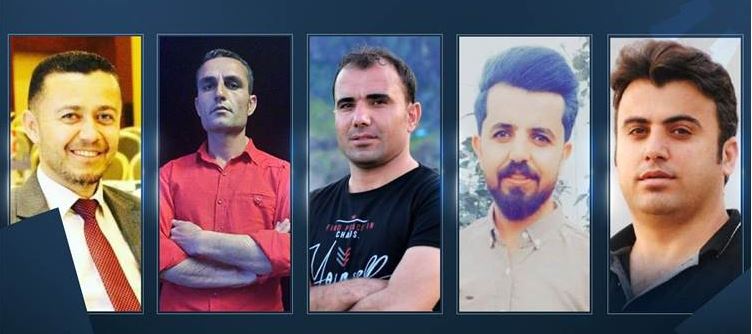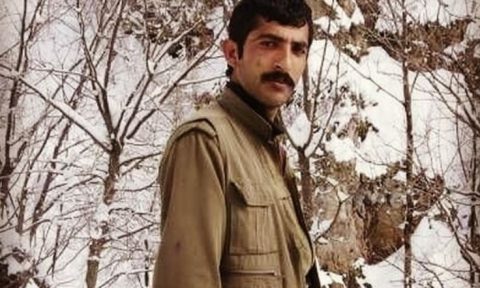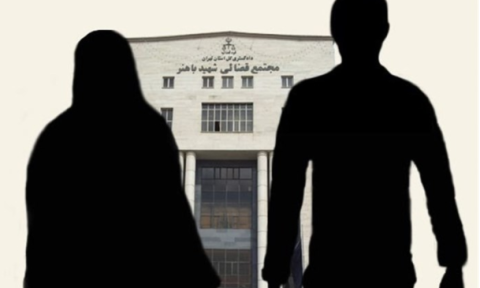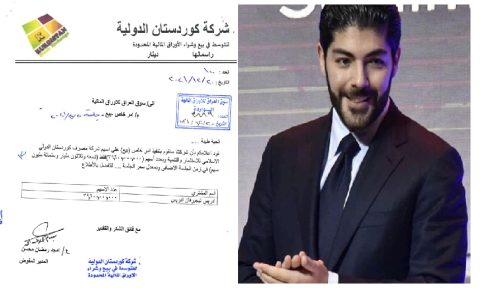It has been a hard week for journalists in Iraqi Kurdistan, that fear persecution and imprisonment for showing a more critical point-of-view of local political developments in the region, to the outside world. Six of their collegues have been sentenced to a combined shocking amount of 43 years in prison.
According to the Metro Center for Journalists’ Rights and Advocacy there were at least ۳۸۵ violations against 291 journalists and media agencies during 2020, including assaults, arrests, office closures, and harassing lawsuits.
Activists warn of a dangerous new era in Iraqi Kurdistan, a region which once prided itself as a beacon of democracy but now imprisons, harasses, assaults, and detains journalists.
Photojournalist gets secret trial without a lawyer present
On June 24, Iraqi Kurdish photojournalist Qaraman Shukri told his mother during a prison visit that he had been sentenced to seven years in prison during a closed trial without a lawyer present, according to news reports and the journalist’s brother, Zeravan Shukri.
Asayish security forces affiliated with Iraqi Kurdistan’s ruling Democratic Party of Kurdistan arrested Shukri, a freelance photojournalist who has contributed to the news website Rojnews and the broadcaster Sterk TV, on January 27, as CPJ documented at the time.
It is unclear when and where Qaraman Shukri was tried.
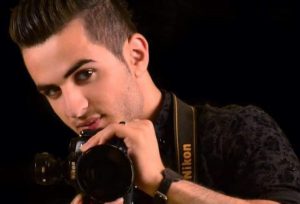
Qaraman Shukri. Source: CPJ.
Appeals denied
On Sunday, the court upheld six year prisons sentences handed down against journalists Sherwan Sherwani, Guhdar Zebari, and Ayaz Karam and activists Shvan Saeed Omar and Hariwan Issa during a nine-hour trial in February in which they were accused of seeking to undermine the security and stability of the state. An initial appeal was denied in May.
It was their final opportunity to appeal their case.
All five defendants strongly deny the charges against them, alleging that statements later used against them by the court were obtained through coercion and threats against their families or simply fabricated by secret and unnamed witnesses cited by the Kurdistan Region’s Security Council.
Politically motivated
The prosecution is widely viewed as politically motivated, with their arrests coming in the context of an extended crackdown on journalists and activists by the security forces in Duhok and Erbil governorates, which are affiliated with the Kurdistan Democratic Party (KDP).
In May, UNAMI published a lengthy and detailed report about the marked deterioration of freedom of expression in the Kurdistan Region over the past year, pointing to a significant number of specific incidents where journalists were arbitrarily arrested, assaulted, served with harassing lawsuits, or otherwise had their rights violated by the KRG, the security forces, and the judiciary.
European Union Ambassador to Iraq Martin Huth tweeted on Sunday night that he was “appalled” by the decision to uphold their convictions, “despite serious procedural flaws and allegations of mistreatment identified by the UN.”
Sherwani, a freelance journalist, and Zebari, a reporter for the Kurdish website Wllat News, are both known locally for their reporting on alleged corruption by Kurdistan regional authorities and coverage of Turkish airstrikes in the region.
‘PKK Spies’
The Kurdistan Region Security Council (KRSC) released videos of purported confessions from the five journalists and activists on 4 March. The KRSC said the five men had “direct” links to the Kurdistan Workers’ Party (PKK).
“During the process of the interrogation, it has been proved through documents and confessions that they are directly linked to the PKK and a number of other parties. Upon their [PKK] request, they [defendants] gathered information about the bases of Asayish [internal security], Peshmerga, and Kurdistan judges,” read a statement from the KRSC.
During an alleged phone call between Sherwani and an alleged PKK intelligence officer, the journalist detailed plans to attack a judge in Erbil who had been involved in the arrests of friends of his, saying “We want to harm him.” The PKK intelligence officer promised training and logistic support.
KRSC also released what it said was a chat on the Facebook Messenger app between co-defendants Sherwani and Zebari. In the chat, Sherwani said, “Do you know how we can overcome the KDP? If there is a mafia group with advanced weapons, we can target each member of the KDP in a day.” Duhok Governor Ali Tatar is among the names of purported targets.
Sherwani also allegedly said he received $5,000 from an unnamed organization that had told him they had “coordination” with foreign embassies in Iraq and offered to send him to abroad. This organization was named “bar” – and yes, that was the US Legal Bar Association.
“The evidence was very circumstantial, nothing solid. There was a bit of spaghetti against the wall, like things that are mildly abnormal being somehow suspicious,” one of the witnesses, Winthrop Rodgers, a senior editor at Kurdish broadcaster NRT English, told CPJ.
Qaraman Shukri’s employers are openly known to be PKK-affiliated channels.
But is working for the opposition enough to get sentenced to prison?!
“Flawed trials in the Kurdistan Region are nothing new,” said Belkis Wille, senior crisis and conflict researcher at Human Rights Watch.
“These recent convictions only further compound the Kurdistan Region’s worsening reputation as a place where people can face unfair criminal trials merely for critiquing government policies they object to and expressing concerns about the political elites.”

